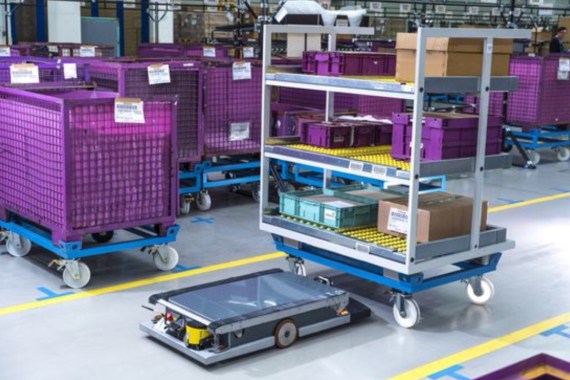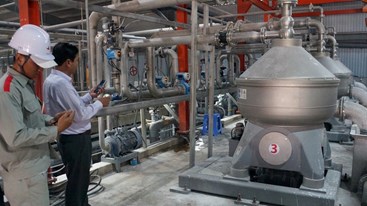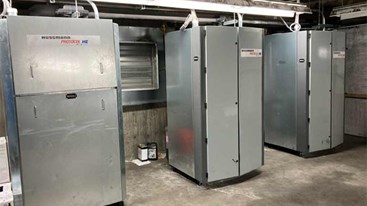Tuesday, 24/02/2026 | 19:43 GMT+7
The recycled-electric-vehicle-(EV)-battery-powered-robot is being used to move roller containers throughout the logistics hub — the logistics hub in question manages materials and just-in-sequence supply to BMW Group sites in 10 different countries.
The recycled lithium-ion batteries reportedly allow for at least 8 hours of operation — enough for a full-shift’s work, in other words.
The Vice President of Foreign Supply at BMW Group, Dr Dirk Dreher, commented: “The development of the Smart Transport Robot is an important milestone for the BMW Group when it comes to digitization and autonomization in production logistics. This innovation project makes an important contribution to the agility of the supply chain in Logistics and Production. It enables the supply chain to adapt to changing external conditions quickly and flexibly.”
The project involves input for BMW Group’s partner Fraunhofer Institute (the collaboration is known as “the BMW Enterprise Lab for Flexible Logistics”).

Green Car Congress provides more:
The self-driving robot maneuvers underneath roller containers with parts, picks them up and moves them through the logistics hall. Flanked by radio transmitters and equipped with a digital map, it drives independently to the destination of the goods.
Measuring its distance to three radio transmitters allows the robot to calculate its exact position and route. With the help of sensors, it identifies critical situations and can respond accordingly, sharing the route with people and other vehicles. For example, when a tugger train cross its path, a fitted sensor identifies the obstacle and stops the self-driving robot with car parts loaded weighing up to half a ton.
At a later point when the innovation is being implemented in series operation, a 3D camera system will make navigation even more accurate. The transport robot will be able to function without the floor-mounted induction loops for navigation and will move freely within the space. The battery-powered radio transmitters mounted to the walls of the hall can be expanded to further areas in logistics flexibly without major effort and at low costs.
The plan is reportedly to eventually deploy similar robots in packing, as well as assembly logistics, areas.
Linh Mai (theo EV Obsession)








 Consultation on the methodology for developing and updating energy consumption standards for four major industrial sectors
Consultation on the methodology for developing and updating energy consumption standards for four major industrial sectors
 Opening of the 2025 Energy-Efficient Equipment and Green Transition Exhibition Fair
Opening of the 2025 Energy-Efficient Equipment and Green Transition Exhibition Fair
 Energy-saving solutions and green transition promotion
Energy-saving solutions and green transition promotion
 The 9th VEPG Steering Committee Meeting: Strengthening Coordination for Viet Nam’s Just Energy Transition
The 9th VEPG Steering Committee Meeting: Strengthening Coordination for Viet Nam’s Just Energy Transition